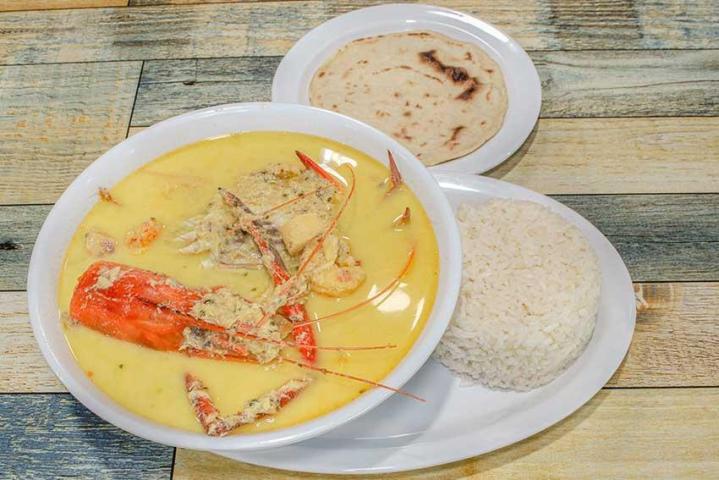What Are the Typical Meals and Dining Customs in Nicaragua?

Nicaraguan cuisine is not only about the food itself but also about the cultural traditions that accompany it. At Carne Asada, we delve into the typical meals and dining customs that define Nicaraguan culinary experiences.
Traditional Nicaraguan Meals: A Culinary Journey
Nicaraguan meals typically revolve around fresh, locally sourced ingredients that highlight the country's agricultural richness. Breakfast often includes Gallo Pinto, a hearty dish of rice and beans seasoned with onions, peppers, and cilantro, served alongside eggs, cheese, and sweet plantains. This breakfast staple provides a satisfying start to the day and showcases Nicaragua's blend of indigenous and Spanish culinary influences. Lunch, known as almuerzo, is the main meal of the day and is traditionally enjoyed with family. It often features a protein such as grilled chicken or beef, accompanied by rice, beans, salad, and fried plantains. The simplicity and wholesomeness of almuerzo reflect Nicaragua's agricultural roots and the importance of communal dining. Dinner may consist of lighter fare, such as soups like Sopa de Mondongo, a tripe soup seasoned with vegetables and herbs, or dishes like Indio Viejo, a savory stew made with shredded beef, maize dough, and vegetables. Desserts like Tres Leches Cake or Quesillo, a cheese-filled tortilla served with pickled onions, provide a sweet conclusion to meals. Throughout the day, beverages like coffee, often served in the form of café con leche, and tropical fruit juices like Tamarindo or Maracuyá complement the dining experience, adding refreshment and flavor to traditional Nicaraguan meals.
Dining Customs and Social Rituals: Embracing Hospitality
Dining customs in Nicaragua are steeped in hospitality and social rituals that emphasize togetherness and shared experiences. Meals are often communal affairs, bringing together family and friends to enjoy food, conversation, and laughter. It is common for Nicaraguans to greet each other with a kiss on the cheek or a handshake before sharing a meal, fostering a sense of warmth and camaraderie. Respect for elders is also integral, with younger family members often serving their elders first as a sign of reverence. Dining etiquette emphasizes politeness and gratitude, with guests expressing appreciation to the host for their hospitality. Special occasions and holidays like Christmas and Independence Day are marked by elaborate feasts that showcase the best of Nicaraguan cuisine, reinforcing cultural traditions and culinary pride. At Carne Asada, we honor these dining customs by offering a welcoming atmosphere where guests can savor authentic Nicaraguan dishes in a setting that evokes the spirit of communal dining. Join us and experience the flavors, traditions, and hospitality that define Nicaraguan dining, right here in Doral.
With a lively atmosphere, friendly service, and delectable dishes, Carne Asada is your ultimate destination for a memorable dining experience. Come savor the taste of Latin America—visit us today!
